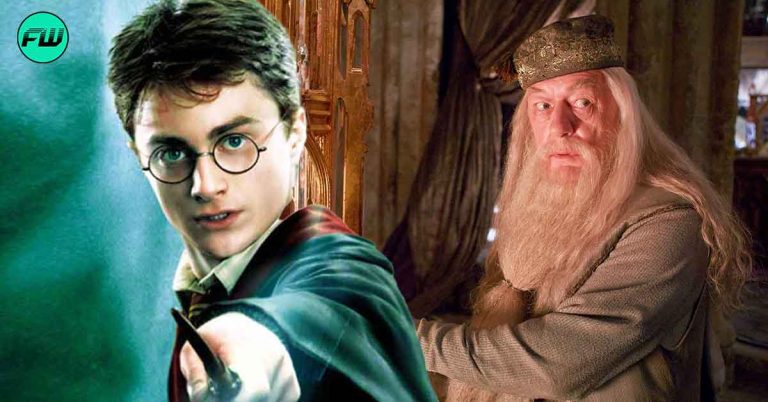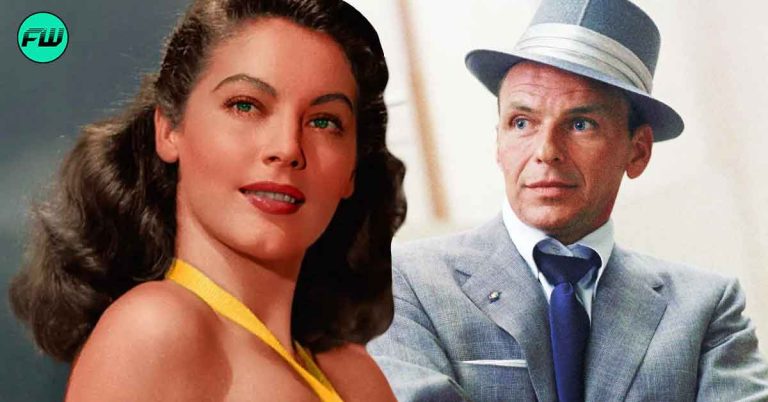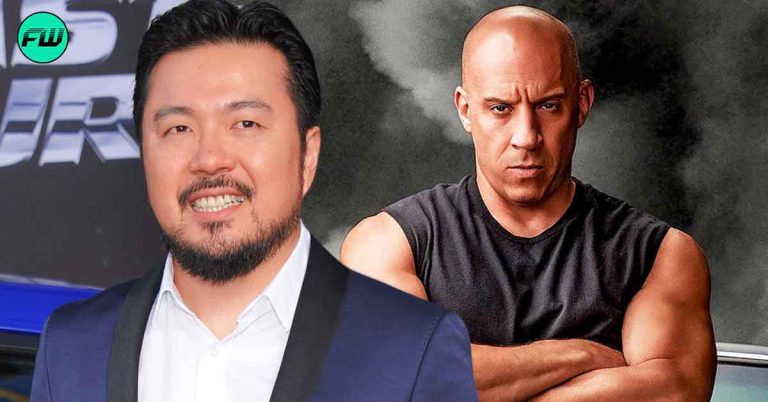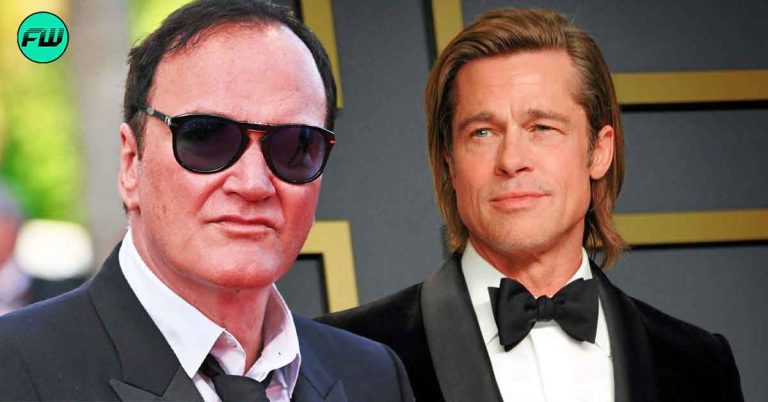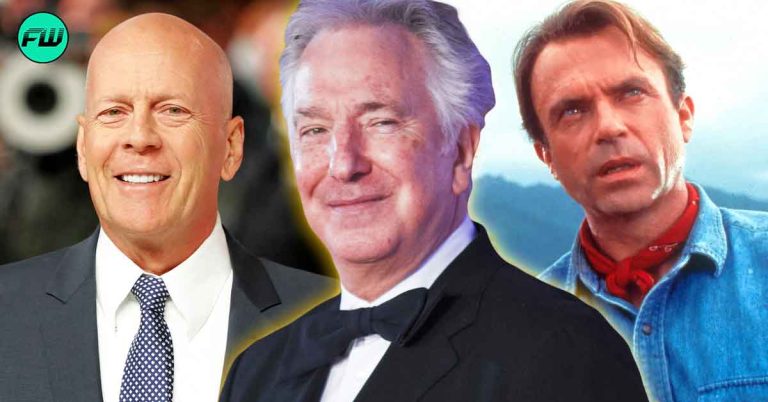Actor Jake Gyllenhaal has expressed regret over losing out on the leading role in the Leonard Bernstein biopic Maestro to Bradley Cooper, a part now embroiled in accusations of Jewface due to Cooper not being Jewish.

Gyllenhaal, who is Jewish, had actively pursued the Bernstein role and seemed like an obvious casting choice. However, he ultimately lost the part to Cooper, who is not Jewish, leading to criticism that a Jewish actor should have been prioritized for the role.
Jake Gyllenhaal “badly” wanted the Bernstein role
Gyllenhaal revealed he had vigorously campaigned for the Bernstein role, even exchanging emails with the conductor’s daughter Jamie Bernstein to convince her he was right for the part. In a new interview, Gyllenhaal acknowledged his disappointment over the situation, saying: “We got beat at our own game.” The comment implies that Jewish actors like himself are often overlooked for Jewish roles in favor of more bankable stars
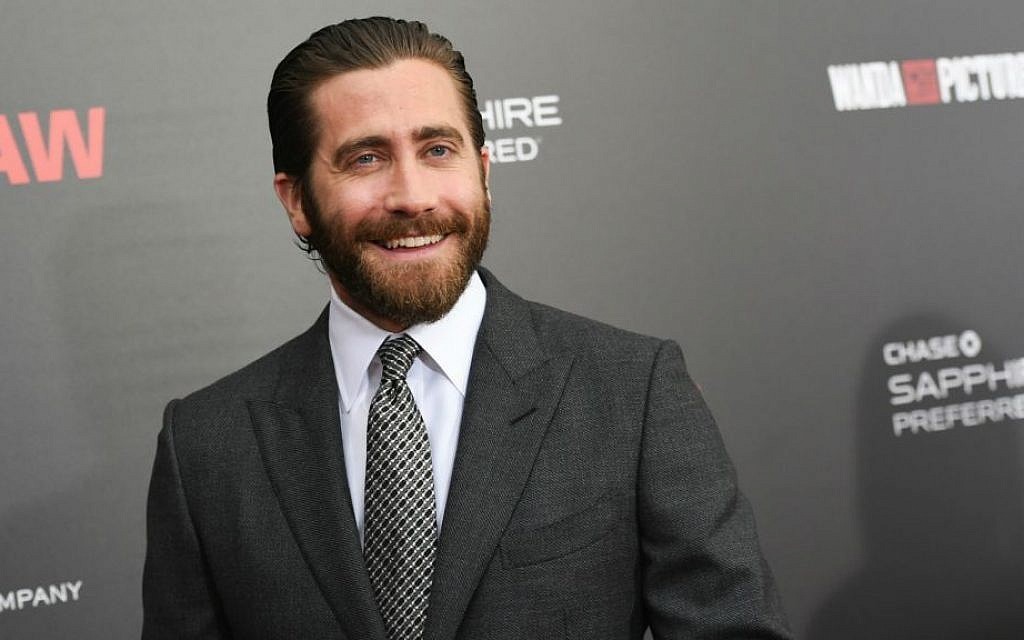
“I believed in it,” Jake Gyllenhaal said. “I had spent much time learning Jewish songs and studying Leonard Bernstein. I was wrong for it.” Gyllenhaal admitted. “But I badly wanted to do it.”
Gyllenhaal’s efforts seemingly paid off when producers offered him the role in 2018. However, the actor’s schedule could not accommodate the film’s production timeline, leaving the door open for Cooper to step in.
Bradley Cooper’s casting reignites the “Jewface” debate
Cooper’s casting as the Jewish American conductor Leonard Bernstein led to accusations of Jewface – a non-Jewish actor portraying a Jewish character. The practice of Jewface has a long and controversial history in Hollywood. Jewish advocacy groups like the Anti-Defamation League have called it “disturbing” for Jewish representation to be limited on screen.
Bernstein’s family has defended Cooper’s casting, noting that Bernstein himself hoped his story would one day be portrayed by a star like Cooper.

However, some argue Bernstein’s wishes do not justify Jewface at a time when Jewish actors still struggle to get leading roles playing Jewish characters. To some, seeing the high-profile Bernstein role go to a non-Jewish A-lister felt unfortunately regressive.
Jake Gyllenhaal takes the high road
While regretful over losing the part, Gyllenhaal has refrained from criticizing Cooper, instead wishing him luck.
“I think Bradley’s going to do an awesome job with it,” Gyllenhaal said diplomatically.
Gyllenhaal’s graceful response and refusal to fan the controversy flames have earned him praise. Some argue Cooper is not to blame for accepting an offered role, and that the broader debate over on-screen Jewish representation extends far beyond this single casting decision.
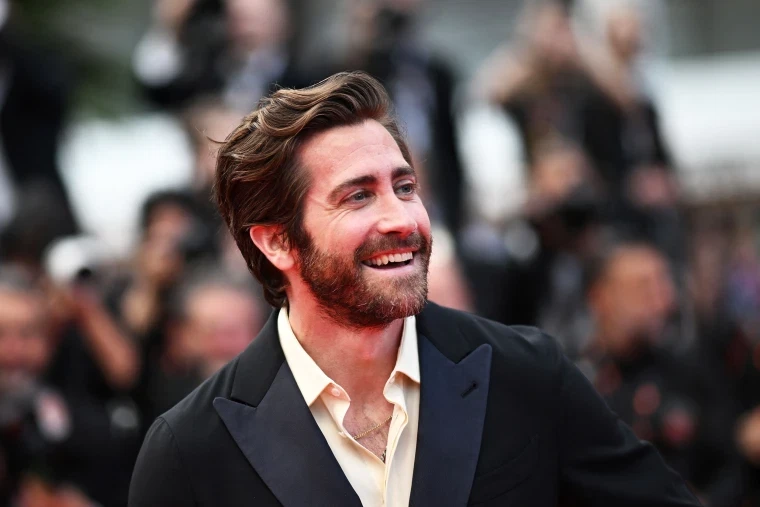
Ultimately, Gyllenhaal’s comments reflect the deeper frustrations shared by many Jewish actors over the limited leading roles afforded to them in Hollywood because of their background. But by taking the high road, Gyllenhaal has shifted the conversation to systemic issues rather than making Cooper a scapegoat.
In conclusion, Jake Gyllenhaal’s reveal of losing the Bernstein biopic role to Bradley Cooper provides insight into the challenges still faced by Jewish actors in Hollywood. His candid remarks speak to larger representation issues while also demonstrating admirable integrity by not faulting Cooper personally for the situation. The “Jewface” debate underscores the need for increased casting sensitivity and for Jewish stories to be told with nuance and empathy however they reach the screen.
Source: faroutmagazine




